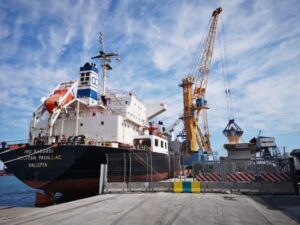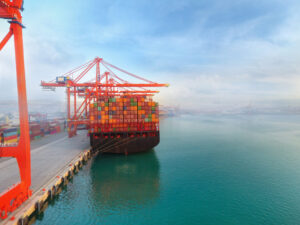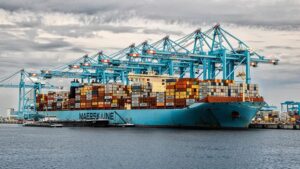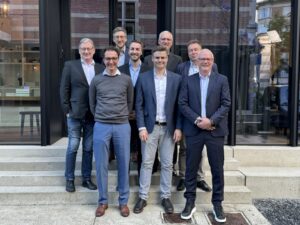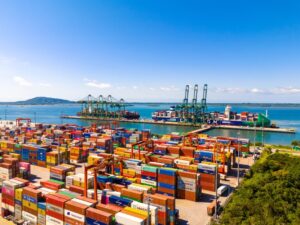According to a new report ‘A Future That Works: Automation, Employment, And Productivity’ from the McKinsey Global Institute, nearly half of all the work we do will be able to be automated by the year 2055.
The findings have been marred by factors such as politics and public sentiment toward the technology, which are estimated to push its development back by as many as 20 years.
The report suggests that automation will bring a global boost in productivity globally by 0.8 to 1.4% annually and remove the capacity for human error and dips in speed due to illness, fatigue, or general malaise.
Experts believe the port and terminal industry is expected to be heavily impacted by technological development.
To keep up with the latest developments in automation, register for PTI's Terminal Automation & Training C-Level Networking Conference, taking place in London on April 19-20, 2017.
According to technology advisory firm Technavio, the global automated container terminal market is expected to grow at CAGR of 25% during 2017 to 2021.
Michael Chui, an author of the McKinsey report, has said that the development of the technology will not create problems through mass unemployment, but instead it should be seen as an opportunity for to “solve the problem of ‘mass redeployment,’” in an interview with Public Radio International (PRI).
Elon Musk, Tesla founder and the billionaire inventor behind the Hyperloop concept, recently said that humans must become cyborgs if they are to stay relevant in a future dominated by artificial intelligence.
You can view a McKinsey infographic: ‘Where machines could replace humans—and where they can’t (yet)’ to get a better idea of how the world will change as a result of automation.


